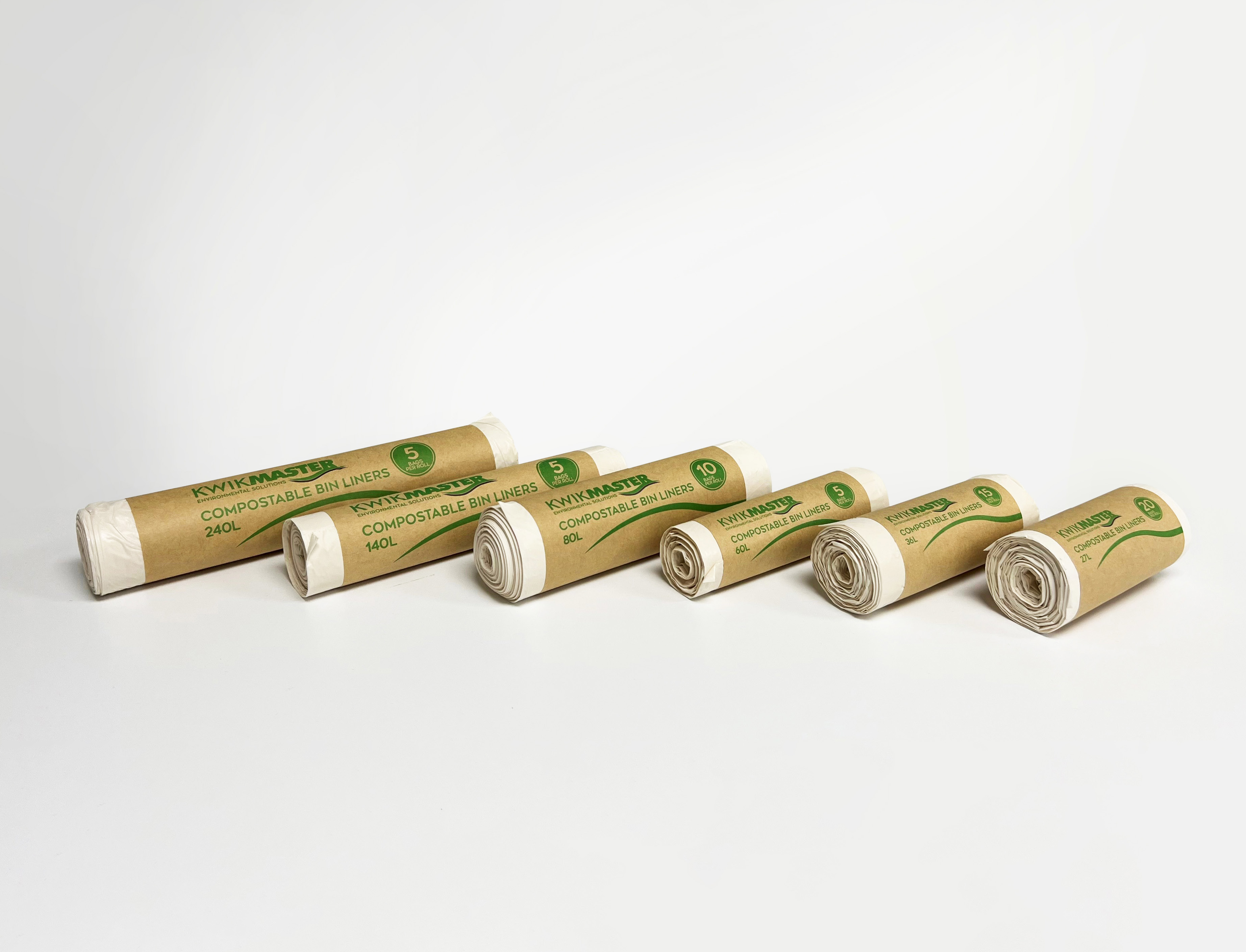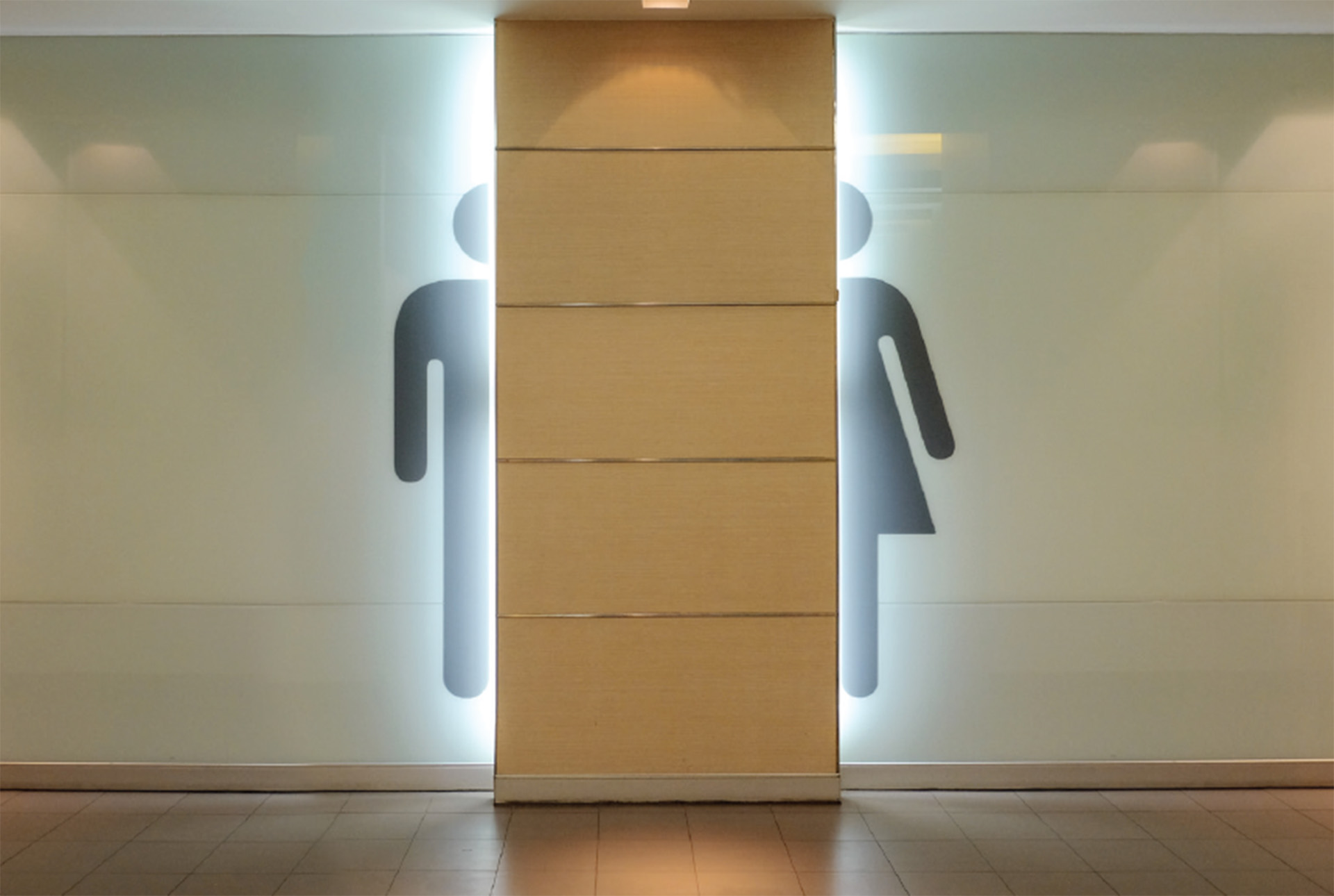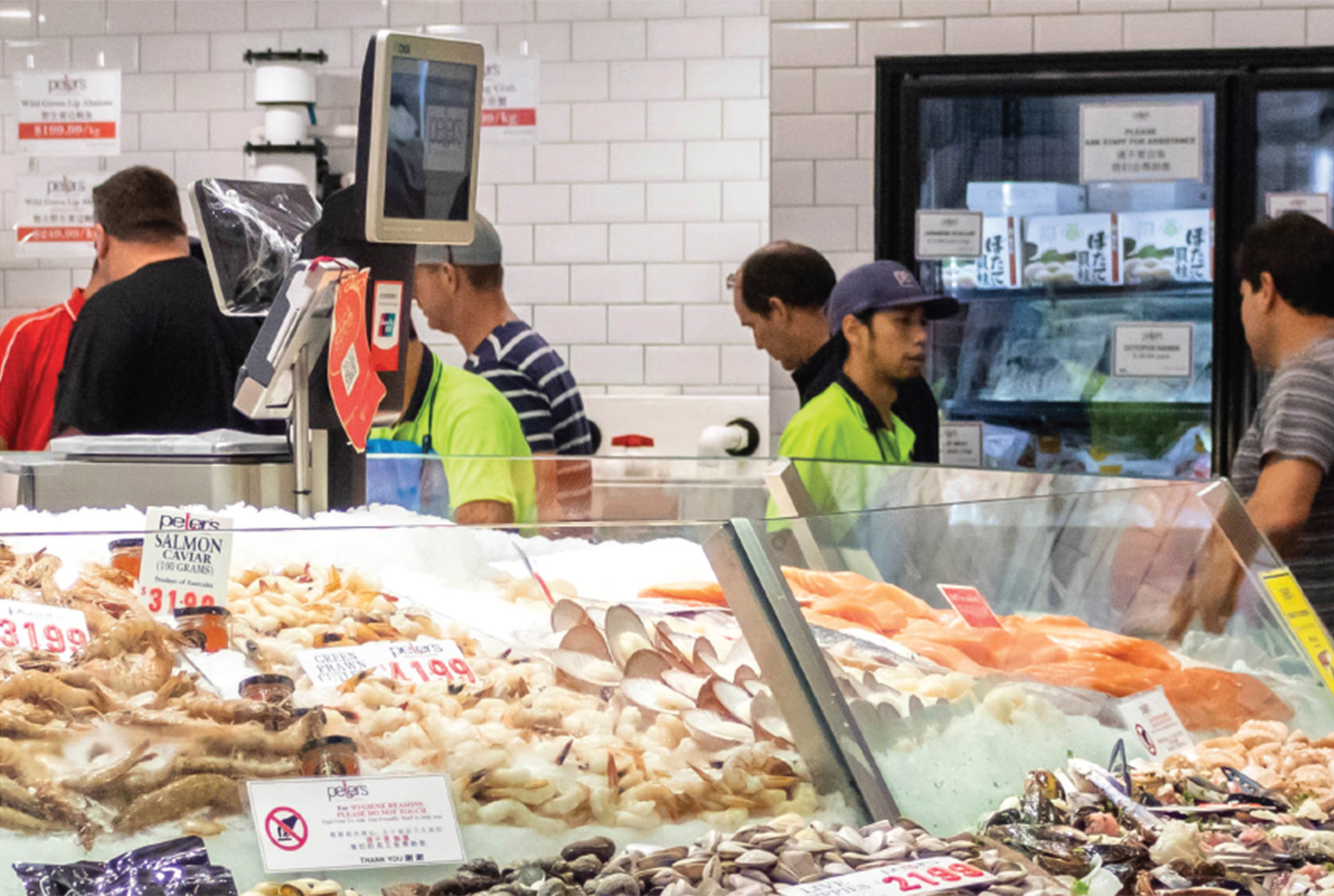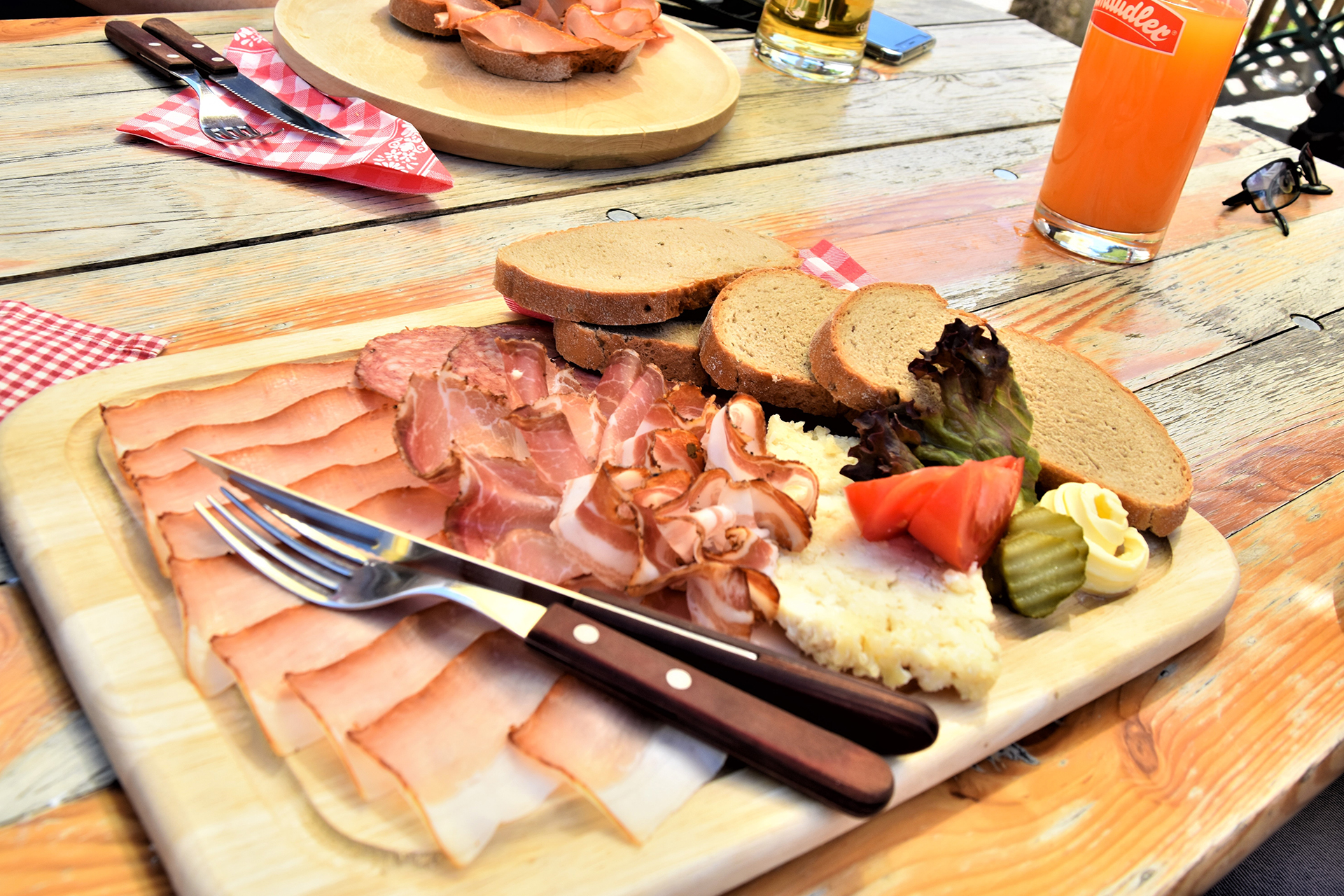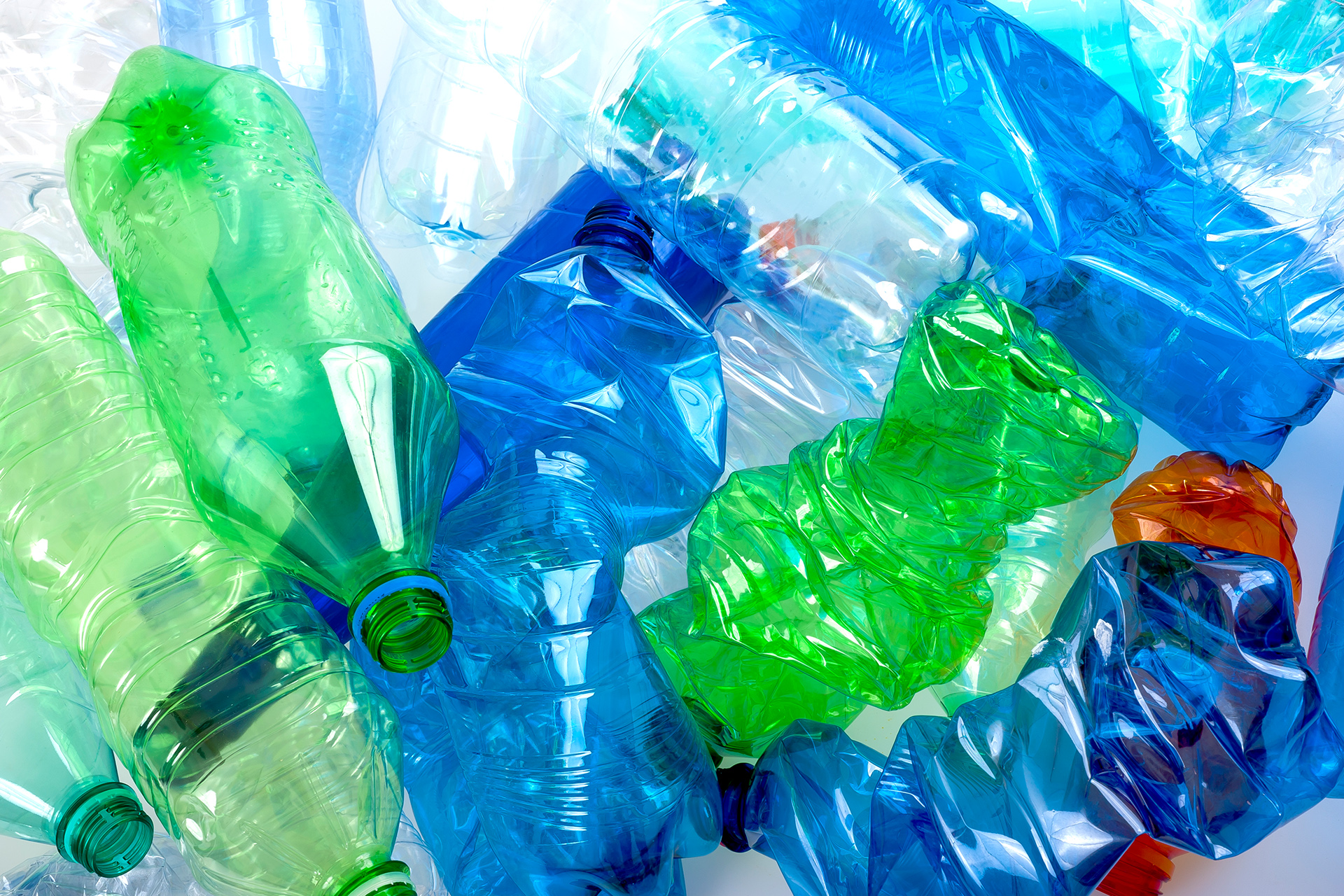You could say compost has had a rich history. For centuries, humans have composted their organic waste and used it to enrich areas of farmland. The practice goes back at least as far as the Roman era, and possibly thousands of years before that. Evidence has been found that prehistoric Scots tribes were using compost to grow crops as long as 7000 years ago.
We have a far more complex relationship with the waste we produce in today’s society, with much of it proving impossible to compost. Even while there is an onus on all of us to reduce, reuse and recycle waste, more than 20 million tonnes of garbage is still thrown into Australian landfill each year.
In New Zealand that figure stands at 12.5 million tonnes. But as increased focus has turned to how we can achieve a more sustainable global future, composting has come stampeding back onto the agenda.
THE RISE OF COMPOSTABLE BIN LINERS
In recent years, a flood of commercially compostable items has hit the market, from compostable coffee pods and packaging to compostable cups. It’s important to note, however, that many of these items are only compostable under certain conditions in industrial facilities. Organic compostable bin liners, on the other hand, are both home and commercially compostable.
They are made from renewable, plant-based materials such as corn-starch and wheat. This means they break down readily (with water and carbon dioxide) in a composting system through microbial activity to form compost, usually within two years.
They will also leave behind no harmful or toxic residues – including microplastics – once they have broken down.
LOOK FOR THE LABEL
Before you switch to organic bin liners, how can you know whether they are truly compostable or not?
There are strict rules for claiming that a product is compostable, and the Australian Competition and Consumer Commission (ACCC) is trying to prevent companies from flouting them.
When purchasing organic bin liners for your business, look for Australian standard number AES 4736–2006 on the label. This will give you peace of mind that what you are putting in the bin is compostable.
Kwikmaster’s bin liners carry this label, as they are certified home and industrial compostable, being made up of 100 per cent GMO-free materials, namely biopolymers PBAT and PLA, and corn starch.
So whether you need 240-litre bin liners for large amounts of commercial waste, or smaller kitchen tidy bags for offices and healthcare facilities, Kwikmaster compostable liners can help reduce overall plastic consumption and allow for better waste sorting and management.

